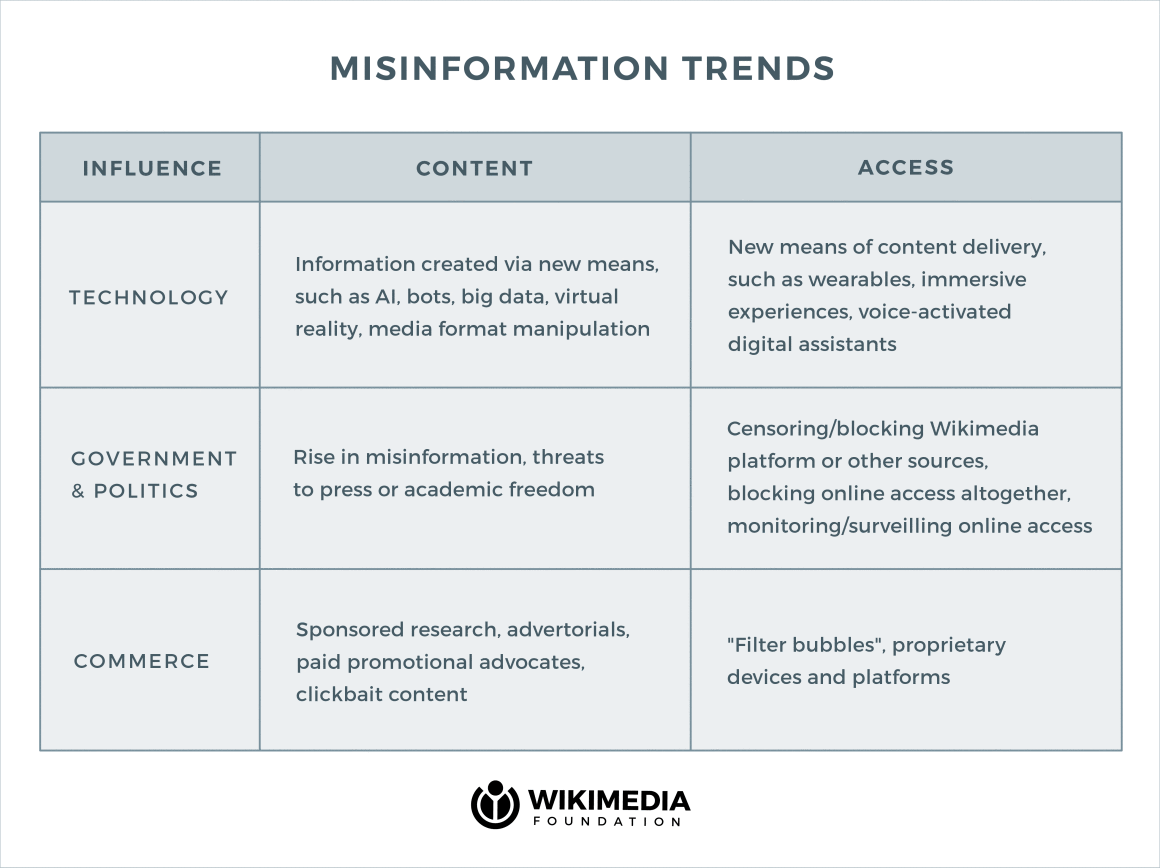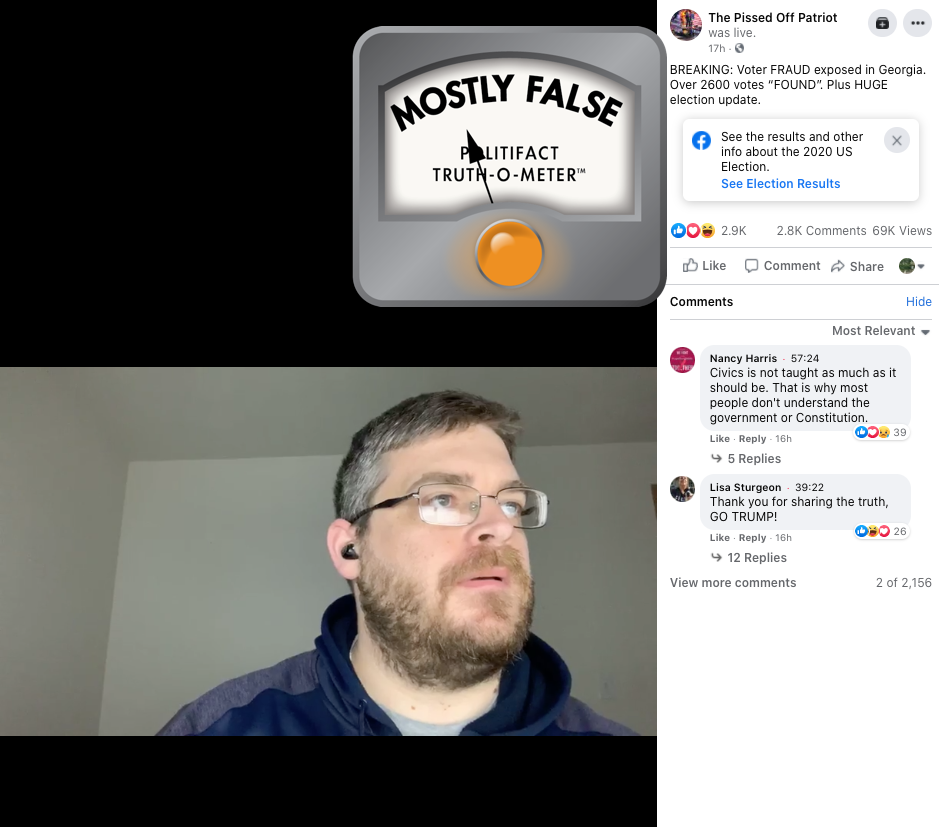

There is a real risk that the technical and commercial systems run by some of these companies can exacerbate some disinformation problems due to the way in which they incentivise actors (whether political, for profit, or with other motivations) through ranking decisions and through the flow of attention, advertising revenues and other valuable, scare resources. Smaller platforms such as Twitter, Snapchat, TikTok, Telegram and various others can play an important role too, especially for specific forms of problematic information or communities who have been de-platformed elsewhere. In addition to sometimes being surfaced by algorithmic ranking systems controlled by platform companies, it is also sometimes monetised by programmatic advertising services offered by the same companies. Problematic information can also be accessed via search engines such as Google Search and various much smaller competitors (e.g., Bing, Yahoo, etc.). Like much online communication of a more benign or ambivalent character, problematic information is often distributed via platforms, especially popular social media platforms such as Facebook, popular video sharing sites such as YouTube (owned by Google), and popular messaging applications such as WhatsApp (owned by Facebook). What some empirical research saysĭisinformation, misinformation, and malinformation is clearly widespread, especially online. We mention other relevant work in passing but will not try to summarise an extensive research area in this short submission. This piece is not meant to be exhaustive and instead focuses on specific areas that we research at the Reuters Institute for the Study of Journalism, University of Oxford.
#May be misinformation undermine efforts immunize free
Identify certain risks to free expression that we believe are illustrated by some recent steps by a number of governments and platform companies and.summarise a set of empirical research findings on disinformation, misinformation, and malinformation that we hope will be helpful in developing measures that effectively protect free expression, including independent journalism and news media.

It also underlines the inherently political nature of determining what does and does not constitute disinformation. The lack of clarity and lack of agreement undermine our ability to precisely address specific problems, and undermine the legitimacy of interventions against kinds of content some might consider to be disinformation but others regard as legitimate speech. If we do not know, or do not agree, what disinformation is, it will be hard to address it in effective and proportional ways. 1īeyond the actual harm and risk of harm posed by various kinds of disinformation and in some instances by broader kinds of problematic information, the lack of conceptual clarity in defining the problem, and frequent lack of substantial agreement on what exact kinds of behaviour and content are problematic, are in our view key parts of the challenge. More broadly, behaviours and forms of expression discussed under the heading disinformation often overlap with misinformation (false or misleading information, spread without intent to harm) and malinformation (information that is not false, but strategically used with intent to harm) and with wider discussions under the imprecise and misleading but frequently used term “fake news” (a term that is unfortunately often used to refer to material that is neither fake nor news).

The coronavirus pandemic has further underlined how disinformation can also represent a risk to personal and public health. The text as submitted February 15 is available here as PDF.ĭisinformation, here understood in line with the UN Special Rapporteur’s call for input as “false information that is created and spread, deliberately or otherwise, to harm people, institutions and interests”, represents a range of serious issues that can be part of distortions of electoral processes, incitements to violence, and can fuel dangerous conspiracy theories. This is a lightly edited version of a submission on disinformation to the UN Special Rapporteur on the promotion and protection of the right to freedom of opinion and expression for the Special Rapporteur’s annual thematic report.


 0 kommentar(er)
0 kommentar(er)
